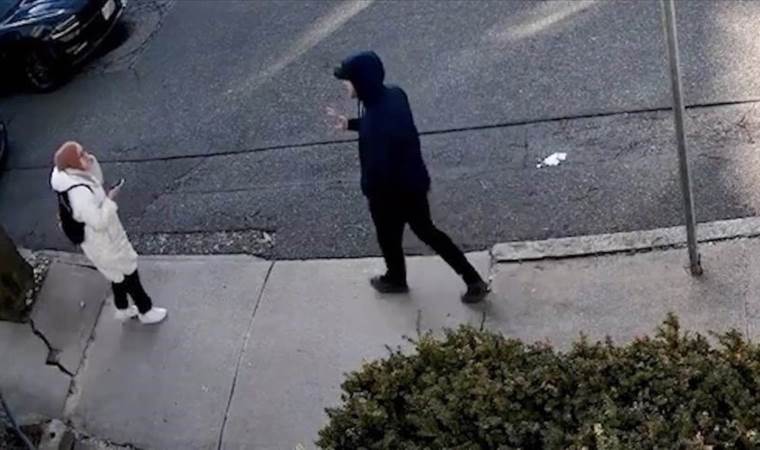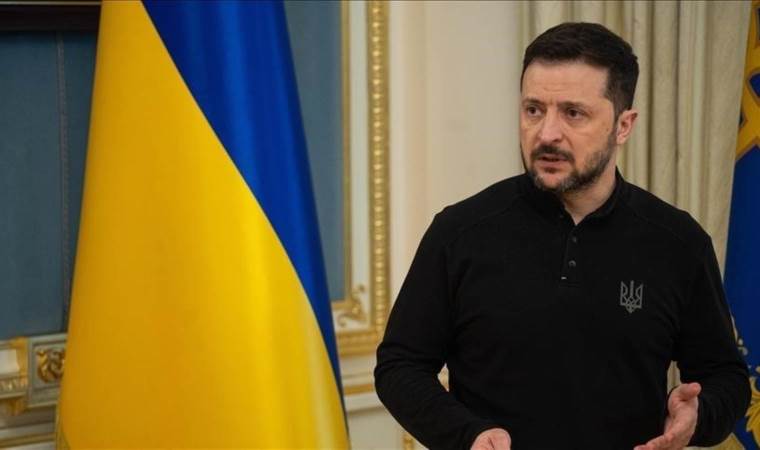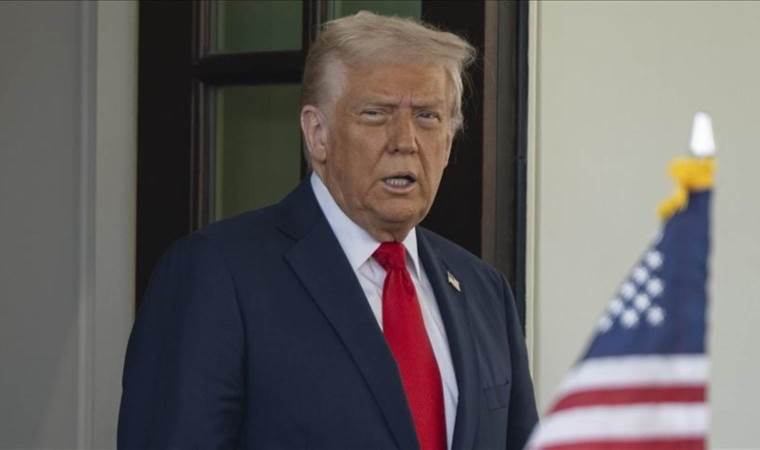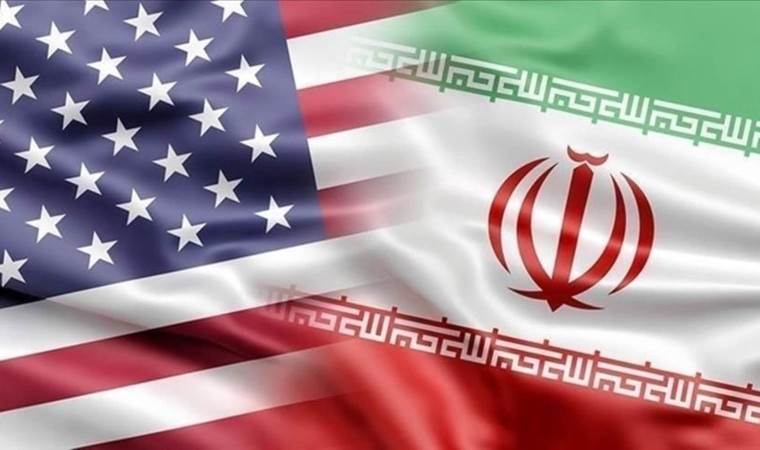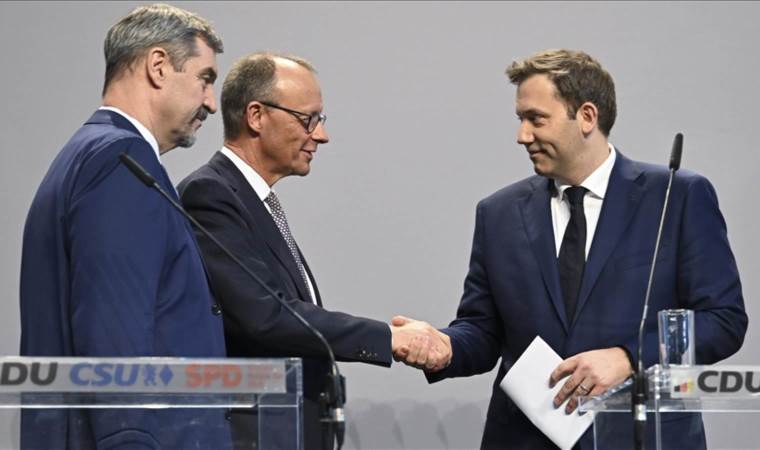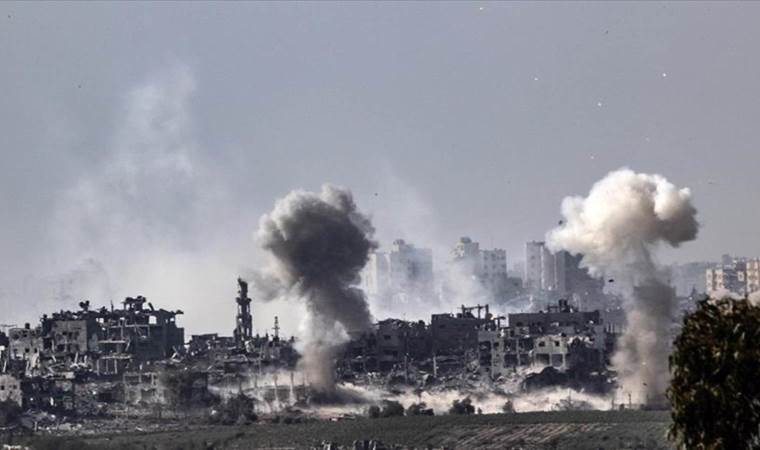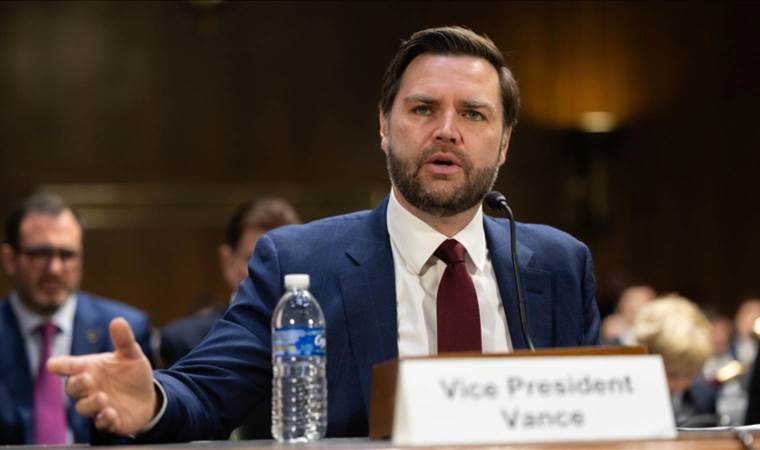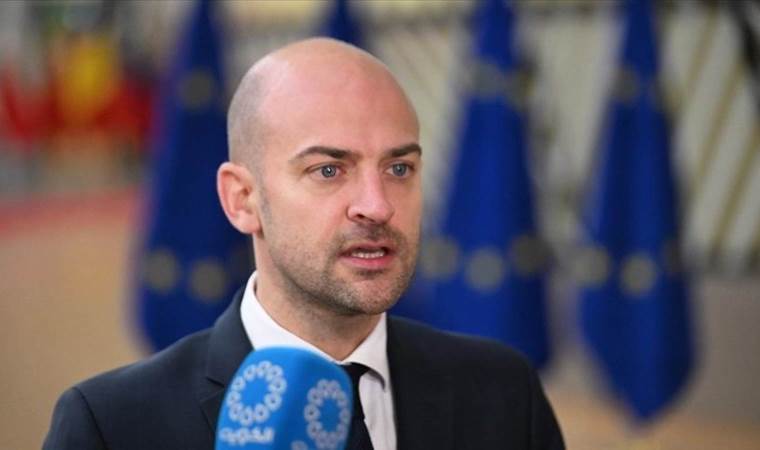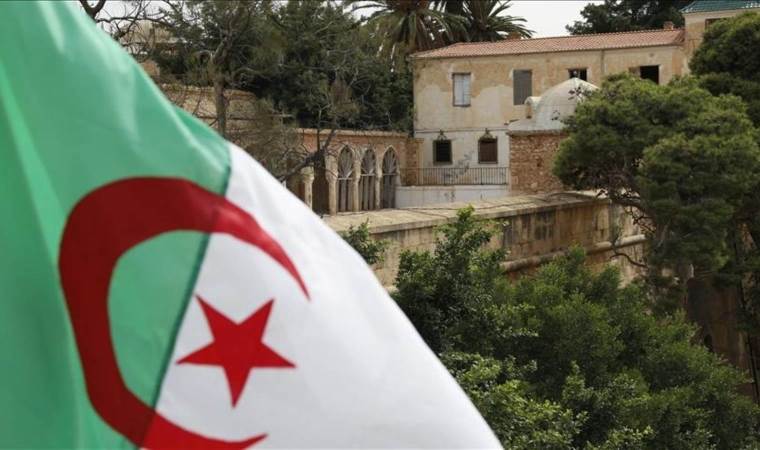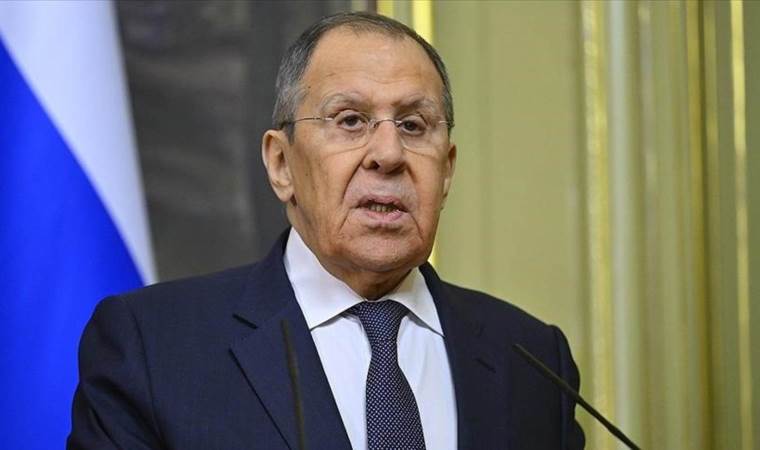Authors Columns of the Day Sport Guest Life All Authors
What should we do to prevent further martyrdom?
12 more children of the nation have passed into eternity. Painful but true, as has been the case for years, empty condemnations will be made, and after a few days, everyone will return to their daily lives. While we live our normal lives, children from un-plastered houses will continue to wait with their fingers on the trigger. Isn't it the right time to ask, "What are we doing wrong, and what should we do to prevent further martyrdom?"
Retired Colonel Orkun Özeller was speaking on television. Both sad and angry, he discussed the Claw-Lock Operation:
"Strategically and tactically incorrect. I am very angry with myself. For a year, I kept silent because it would be said that my statements would undermine the Turkish Armed Forces. Therefore, I hold myself responsible for these martyrs, for not speaking out and explaining. I also feel morally responsible."
Those following my articles remember Özeller. I had mentioned his book several times. Moreover, some of his descriptions pertained to errors that led to martyrdoms. Özeller, who also commanded at the Incirlik Base, had participated in many cross-border operations.
Listening to his speech reminded me. Exactly a year ago, on December 14, 2022, Özeller had written an assessment of the Claw-Lock Operation and shared it with me. However, his article describing the "disaster in the making" was not published due to concerns that it would damage the reputation of the Turkish Armed Forces.
"WE ARE BEING LURED INTO A TRAP IN IRAQ"
As soon as I heard the speech, I opened the article. How could we end the martyrdom? Özeller was asking himself this question during the early phase of the Claw-Lock Operation, aimed against PKK terrorism:
"What is the goal? Is this the way to lock down the border? Is our aim to find and neutralize all terrorists in the Iraq region? Is this possible or even a correct approach? Are we planning to clean Gara next year and then target Mosul in the following years? I cannot see such a goal as beneficial. Moreover, there will be significant military and legal challenges."
Özeller, analyzing the operation's difficulties as it moved southward, made the following assessment:
"When I think about it, I see us being lured into a trap with today's operation. If we want to lock down the border, wouldn't it be more effective and beneficial to establish security in closer regions instead of delving deep into Iraqi territory? It would require fewer units, there would be no logistical problems, and no legal issues. It would also allow some of our units to rest. We could even take measures against Greece. In addition, permanent measures supported by technology could be developed at the borders. Therefore, moving deeper into Iraq seems militarily unwise."
WHY DID THE PKK BECOME ACTIVE?
Özeller, familiar with the operation area, mentioned another strange situation:
"The region had come under KDP (The Kurdistan Democratic Party) control, and the PKK (The Kurdistan Workers' Party) had lost its influence. What then caused the PKK to suddenly start gathering in the area? This change seems odd to me, as does the KDP's silence over the Turkish army's deep incursion. The KDP administration, which has been asking our units present since 1994 to leave the area, is not objecting to our operations. They are not complaining about us to America. Isn't that very, very strange?"
While seeking answers to his question, Özeller stated that Turkey faced more critical military dangers and listed them. He then presented his thesis:
"Special forces, commando units, are engaged in a not-so-priority mission in northern Iraq due to the Claw-Lock operation. It's like being told to look at the bird."
According to Özeller, the strategy was set by the U.S. to keep Turkey busy in Iraq and away from the Aegean and Syria:
"(The U.S.) thought of a plan to keep Turkey occupied. Accordingly, it first sent the PKK to northern Iraq, had them fortify the area, told the KDP to 'just watch and not interfere,' and then told the Turkish Armed Forces to 'carry out operations here and stay occupied.'"
Özeller's statements from a year ago openly stated the possibility of Turkey being hit by PKK terrorism from Iraq, a direction Turkey never expected. According to him, the Turkish Armed Forces were being lured into a trap in Iraq.
THE RISK INCREASES WITH DEPTH
After reading the article, I called retired Colonel Güray Belhan. You remember him from my article. He was the only colonel to participate in four cross-border operations between 2019-2021. He had faced sect members within the TAF and had been purged. He too knew the region well. I asked him what we were doing wrong, and he replied:
"The operations carried out in northern Iraq should be evaluated in terms of duration and depth. This brings up two issues. The first is the wearing out of the same units and personnel that have been operating in these areas for many years. The second is the difficulties that arise in providing adequate support (logistics, fire support, etc.) to units as the depth and spread of operations increase."
He detailed the first issue: "It is vital to replace the heroic commando units with proper planning, reorganizing, and rearranging them. This way, units can refresh their training and shooting and be ready for subsequent missions in a more robust condition."
The second issue stemmed from the expanding scope of the operation:
"It is very important to have a clear military and political end goal. As the depth of the operation increases, extreme caution is needed in the base areas occupied near populated areas. While terrorists can easily shelter in villages near these base areas, our commandos are on high alert in these winter conditions. This situation can create opportunities for terrorists to exploit over time."
The third issue was merit. Belhan stated, "The Turkish Armed Forces have the capability to thwart any enemy and terrorist action, if the strategy is well-defined."
Weapons are politics, and politics is a weapon. Any military operation without a political goal creates vulnerability for Mehmetçik (our soldiers). In recent years, Turkey has begun to assign every problem it needs to solve to the military. Some even assigned tasks to our soldiers in Gaza and Qatar. However, for the safety of our soldiers, Turkey must first ensure its security through politics. Stability beyond the border, removing the threat to Turkey, can first be created by politics. More than issuing declarations in Parliament is needed. As two soldiers familiar with the region describe, the risk increases as the area under TAF control expands.
Even in the most painful moments, the one thing we must not lose is reason. Because both war and peace can only be won with reason.
Yazarın Son Yazıları All Columns
Günün Köşe Yazıları
Most Read News
-
 Rubio's claim about Turkish student Ozturk 'turns out th
Rubio's claim about Turkish student Ozturk 'turns out th
-
 Zelenskyy submits bills to extend mobilization, martial
Zelenskyy submits bills to extend mobilization, martial
-
 Trump starts process of putting new tariffs on semicondu
Trump starts process of putting new tariffs on semicondu
-
 Second round of Iran-US nuclear talks to be hosted by Mu
Second round of Iran-US nuclear talks to be hosted by Mu
-
 German Social Democrats begin voting on coalition deal
German Social Democrats begin voting on coalition deal
-
 Pressure mounts on Netanyahu to end Gaza war as thousand
Pressure mounts on Netanyahu to end Gaza war as thousand
-
 'Absurd': US Vice President Vance rejects Zelenskyy's ac
'Absurd': US Vice President Vance rejects Zelenskyy's ac
-
 France warns Algeria of 'consequences' if its officials
France warns Algeria of 'consequences' if its officials
-
 Algeria says decision to expel 12 French diplomats in re
Algeria says decision to expel 12 French diplomats in re
-
 Russian foreign minister says agreement with US on Ukrai
Russian foreign minister says agreement with US on Ukrai

